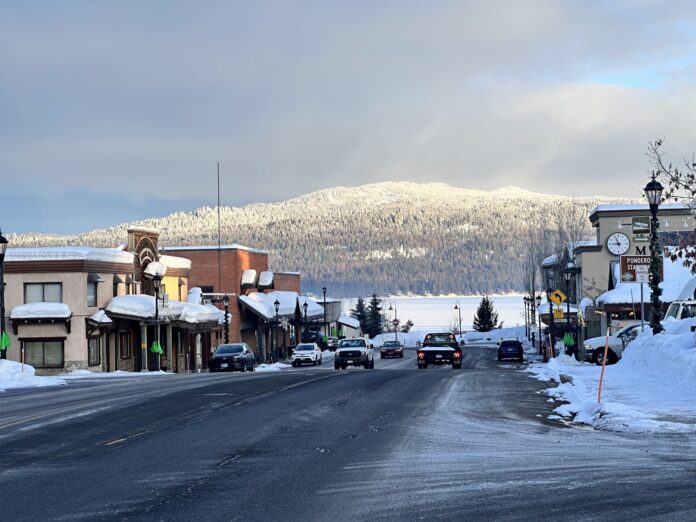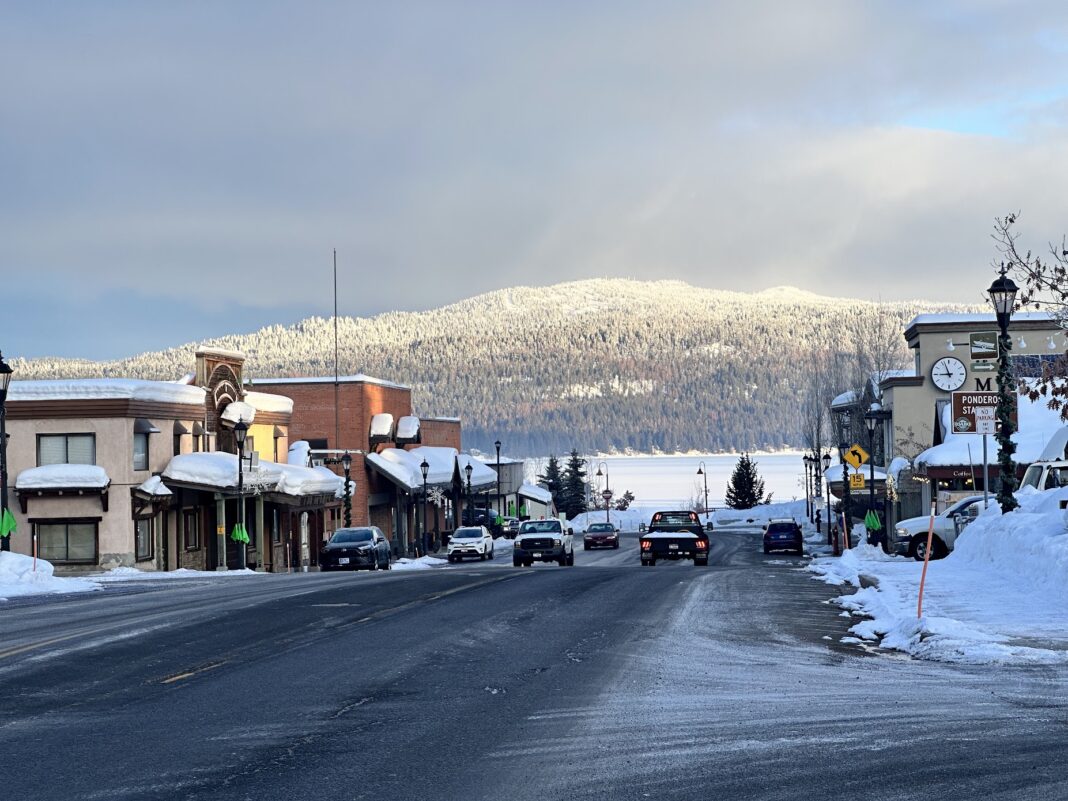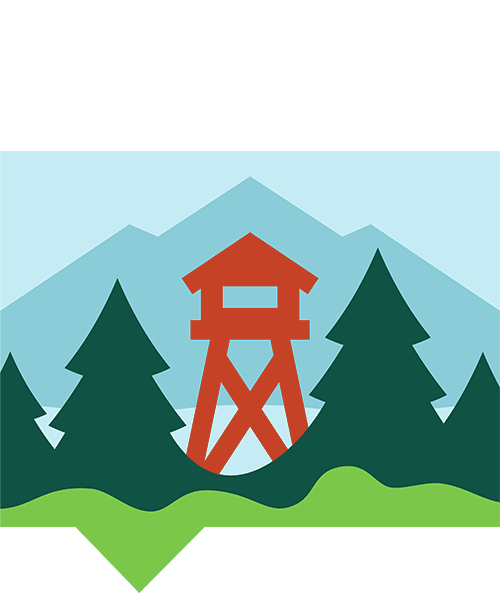The City of McCall plans to ask voters to support a bond of more than $16 million to pay for upgrading and expanding the existing water system.
To meet demand, ensure clean drinking water, and comply with water regulations, the city says it needs to expand its water treatment plant and water storage tanks. This, however, comes at a high cost, which is why McCall plans to put a $16.5 million bond in front of voters this May.
McCall’s Communication Manager Erin Greaves emphasized that it’s important people understand that the ballot measure isn’t asking for approval of the project but if voters will support a bond to pay for the project, as the project will happen either way.
“The bond election is helping them to decide whether or not they want to see a 100% increase over three years on current customers, or if they want to spread that cost and reduce it over a longer period and to affect future ratepayers,” she said. “So it’s really important that they understand that the bond would reduce their costs and when they mark ‘yes’ for the bond, they’ll be voting yes to reduce costs. Not to not do the project, the project will get done, whether it’s paid for with cash or with the bond.”
Project details
Eric Landsberg of Clear Solutions Engineering, the firm the city is contracting with, says McCall’s water treatment plant is struggling to meet peak demand and has received multiple water clarity and disinfection violations.
The 23-year-old plant has two filters, and the expansion proposes two more. Landsberg says the current filter setup has proved to be a problem in terms of demand and disinfection, as one of the filters is currently out for repair.
“One of the challenges with having two filters is redundancy. If one filter is out of service, which is not common, but can happen and actually is occurring right now, one filter is out of service for repair,” Landsberg said. “If that happened in the summer when demands are about four times higher than the winter, it would be a major problem and the plant would not be able to produce enough water to meet demands… And then on the disinfection side, the project will essentially double the clearwell capacity. So that allows for water to be in the clearwell for twice as long to double our disinfection contact time.”
In 2023 BoiseDev reported a mechanical failure at the treatment plant that led to the city asking residents to reduce irrigation watering to avoid a boil order.
If voters approve the bond, the plant expansion will be online in 2027.
The water storage tank also needs more space. The project calls for a new, two-million-gallon water storage tank. During Monday’s work session between the City of McCall and officials working on the project, it was explained that the tank is at 91% capacity and additional storage would be required by 2027.
If the bond passes and construction starts soon after, the new tank will be ready and in use by 2026.
“But when that tank comes online, it’s going to help out the water treatment plant with peak demand significantly because you can use distribution systems storage to help meet those demands rather than turning up the flow rate through the plant and possibly having more filter and disinfection violations,” Landsberg said.
Without donors like you, this story would not exist.
Make a donation of any size here
Funding options
The city is limited in its funding options to get these upgrades done. One option would be significantly increasing water rates — up to 100% — or doubling the current rates for the next three years to cash-fund the project.
The city could also issue a bond through judicial confirmation, where instead of seeking voter approval for the bond, a judge would approve the bond instead. For this to happen, a judge would have to agree that the upgrades are absolutely necessary.
McCall Public Works Director Nathan Stewart says judicial confirmation can be costly, time-consuming, and risky. It could take several months to get a hearing, carry significant legal costs, and only a portion or none of the project could be approved.
“In my experience, implementing capital projects for the city over the last 10 to 15 years, that can be very costly — if you have to break a project apart, do one piece this year, do another piece five years from now. So there’s high risk involved with judicial confirmation,” Stewart said. “And logically, you’re being more transparent with your electorate, your ratepayers, by going down the bond election route. So although it sounds nice and easy just to have a judge determine that this is ordinary and necessary, it could be very costly and very inefficient for us to actually execute the judge’s demands.”
The city decided to pursue a revenue bond that asks voters for $16.5 million over the next 20 years.
At the upcoming February 22 meeting, McCall City Council will vote on whether or not to put the bond on the ballot. If they vote in favor, the bond will be in front of voters on the May 21 ballot.
“We’re on borrowed time, and we have an old plant,” Stewart said. “This is the appropriate time to do this, but delaying these decisions — we work in construction years. We don’t work in full years and our peak demands are in the summer. So obviously, there’s strategy involved in going as soon as possible because it buys us a construction season. Secondly, it buys us options if we fail. But most importantly, the risk of not being able to provide quality and reliable service is paramount…so the sooner we can get moving on this project, the less risk we have of having to do dramatic rate increases and possibly restrictions on water usage as a result.”






